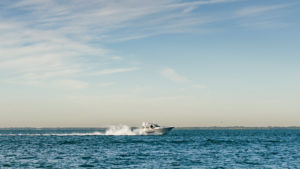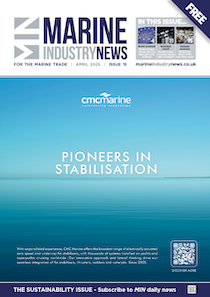VIDEO: Humpbacks return to UK seas after whaling bans
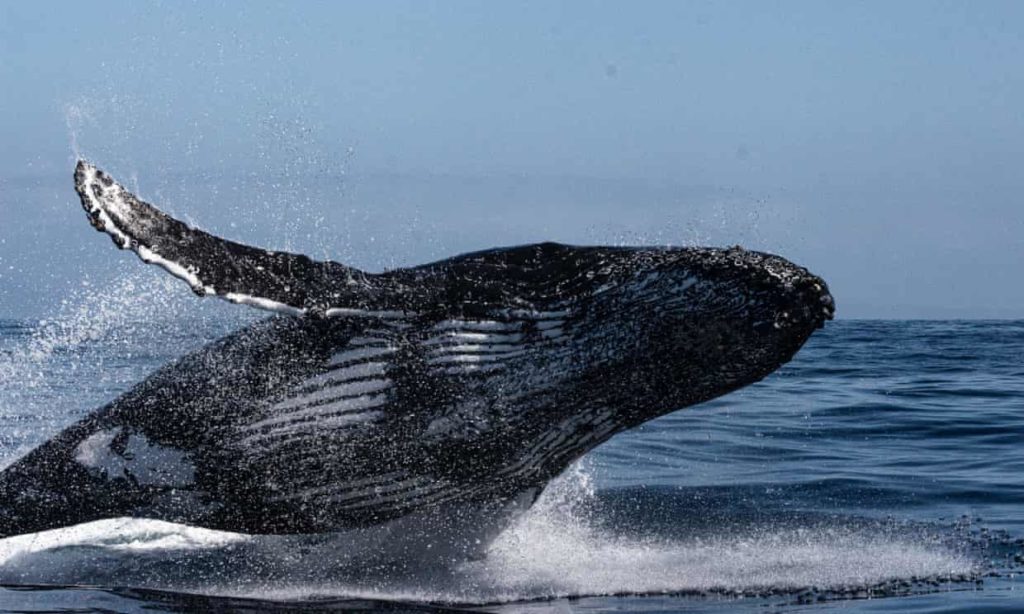 Humpback whales have been spotted 75 times off the coast of Britain since 2019. Photo: Chelsea Bradley
Humpback whales have been spotted 75 times off the coast of Britain since 2019. Photo: Chelsea Bradley
Humpback whale populations are recovering in British waters, according to a marine review of 2021.
The Wildlife Trusts, a federation of 46 independent wildlife conservation charities covering the whole of the UK, reports that strong numbers of humpback whales were spotted around the country last year.
Until recently, sightings were extremely rare, but more than 75 sightings have been recorded since 2019, showing how populations are recovering after bans on commercial whaling.
The Isles of Scilly Wildlife Trust saw humpbacks feeding around the islands with one individual, named Pi, staying for over two months. More were seen in the Firth of Forth and off Shetland.
“Only a few years ago, it would have been extremely rare to see a humpback whale around the UK,” says Matt Slater, marine conservation officer for Cornwall Wildlife Trusts. “But it looks like they are chasing big shoals of sardines that are now present around our shores. It is magnificent to see these creatures up close.”
The report reveals many other rare cetacean sightings in the last 12 months, including a group of 10 white-beaked dolphins, which were seen off Essex for first time in over 20 years.
Two orcas were spotted from the cliff-top Minack Theatre in Penzance, Cornwall. It was the most southerly sighting of members of this unique group of killer whales in over 50 years. Just nine days later, they were seen back in the Hebrides, and a fortnight after that, off the coast of Dover in Kent.
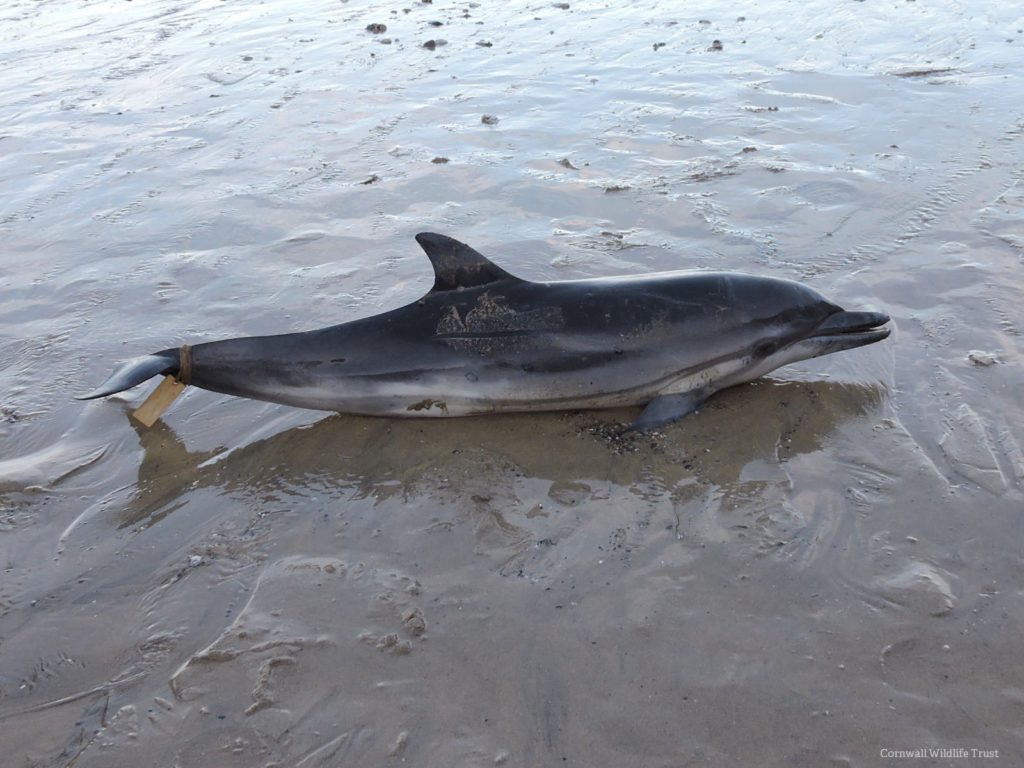
However, a spate of strandings have also alarmed conservationists. In Cornwall alone, over 170 cetaceans and 247 seals were stranded this year, many injured by fishing activities.
A humpback whale was found stranded off Looe Island after being caught in fishing lines, while seven grey seals washed up on Mousehole beach within two days, linked with spider crab netting. Nearby, Devon Wildlife Trust reported 51 cetaceans stranded on beaches.
In February, Cornwall Wildlife Trust reported the stranding of a striped dolphin, which are seldom seen around the UK and more commonly found in the Mediterranean.
And, in May, the rare appearance of a minke whale calf in the Thames gripped London. Rescue teams tried to encourage the animal back to sea as thousands gathered on the banks hoping it could be saved. Sadly, the whale had to be put down after its condition deteriorated.
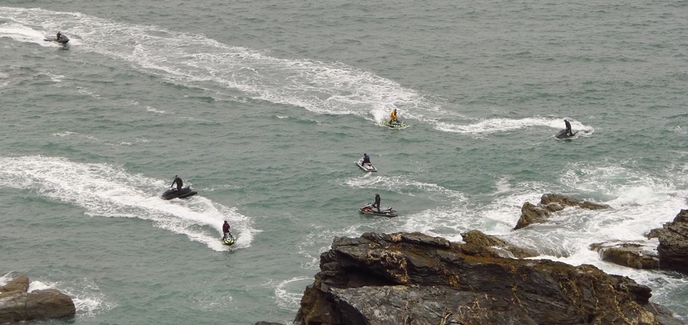
“Noise at sea caused by wind farms and other development can disorientate wildlife and cause whales and dolphins to head off course – we need to think carefully about all marine development in the future,” says Daniele Clifford, marine conservation officer for The Wildlife Trusts. “Also, far too many marine creatures are unnecessarily killed due to unsustainable fishing practices, with lost and discarded fishing gear also causing havoc – especially for seals, dolphins and other marine mammals.”
The Wildlife Trusts also warns there has been a rise in human disturbances of marine animals, with three times as many incidents since 2014. An increase in jet skis and motorboats is a major cause of concern. last year, the Wildlife Trust of South and West Wales witnessed a seal pup being abandoned by its mother after people were seen taking selfies with the pup.
Wildlife Trusts Wales’ vice president Iolo Williams tweeted at the time: “They [people on sea scooters] went right through the middle of these auks, guillemots and razorbills. They could have killed them, whether any were killed I do not know. If it was left to me, I would ban them from these places.”
In other positive news for marine ecosystems, native oyster populations have been re-established in Yorkshire, Essex and Northern Ireland after years of overfishing and marine pollution.
Puffins also returned to the Isle of Man for the first time in 30 years after a rat eradication programme. The UK has 10 per cent of the world’s Atlantic puffins, which are listed as a vulnerable species.



